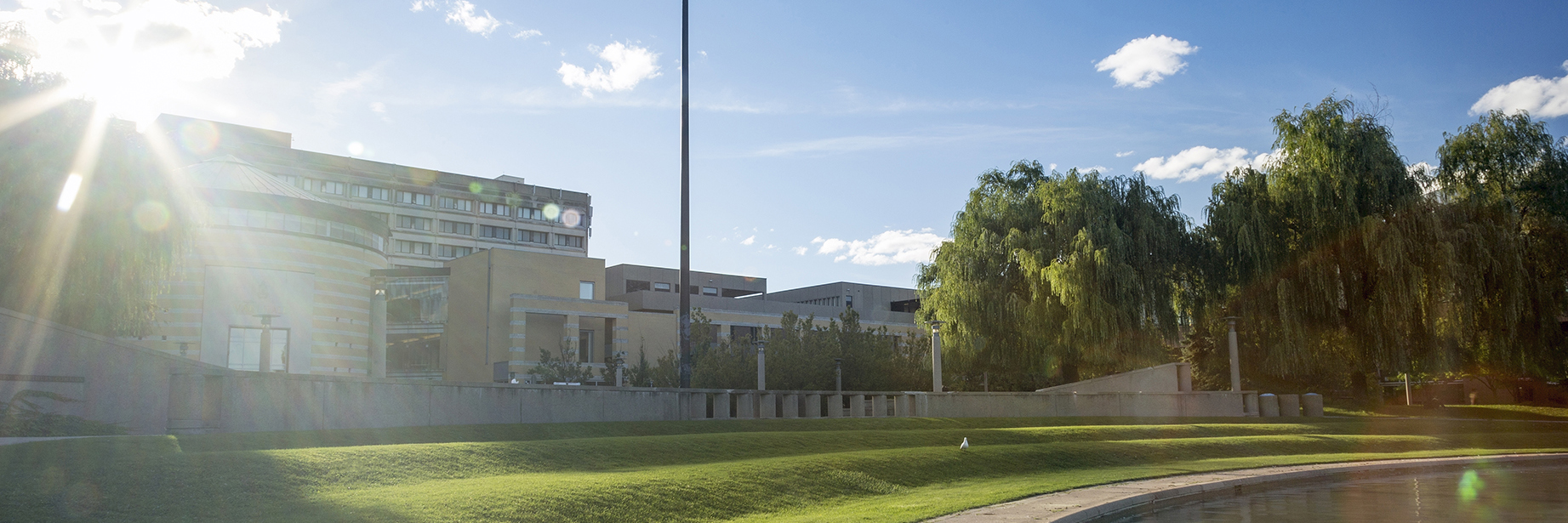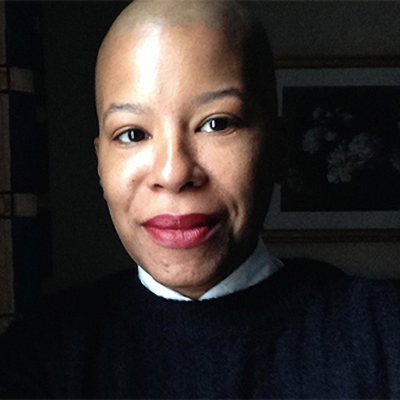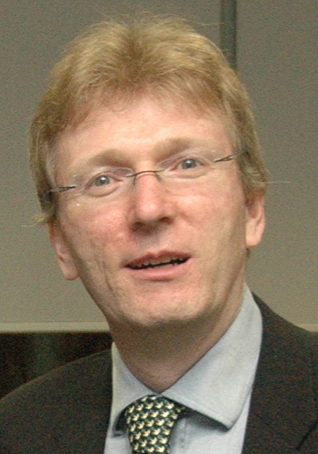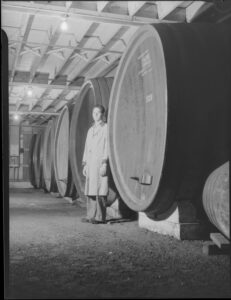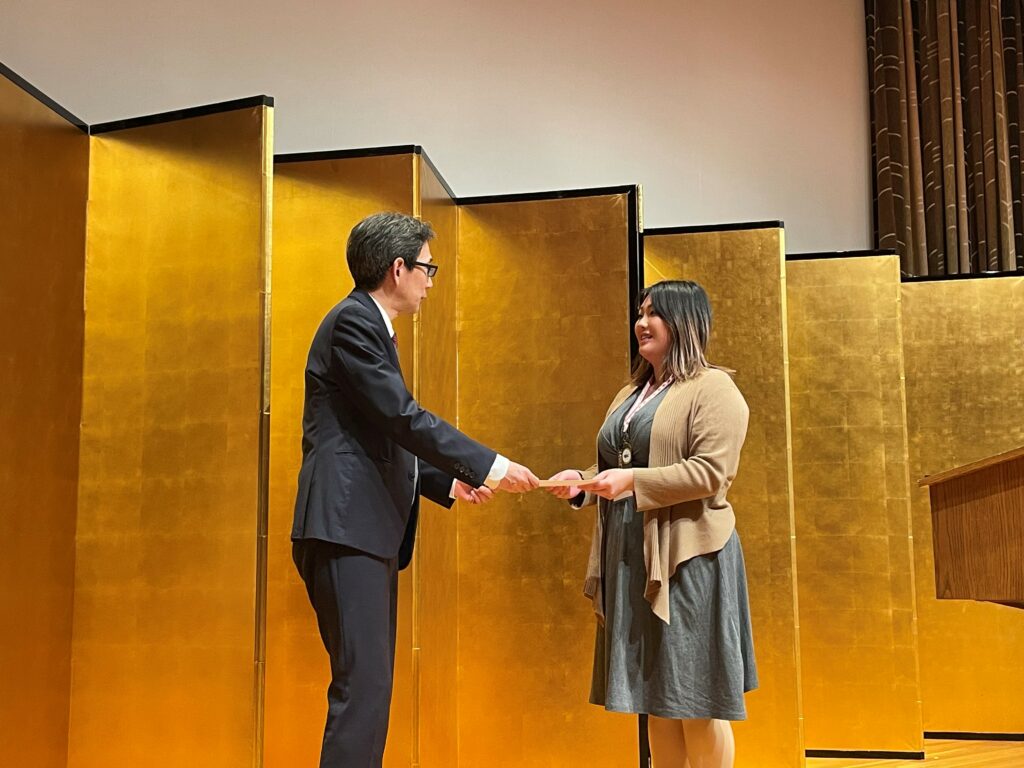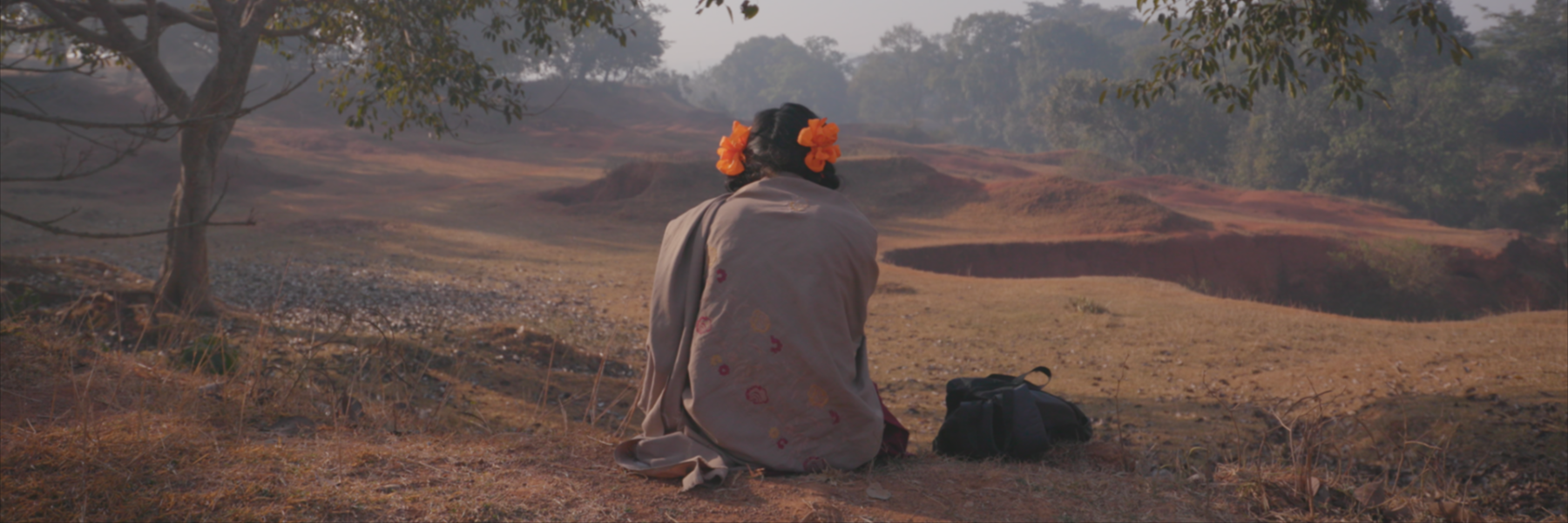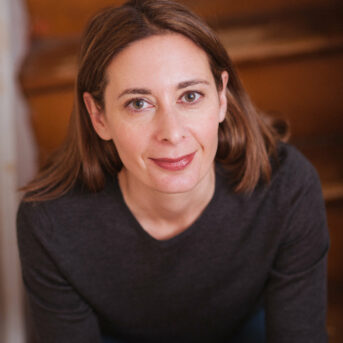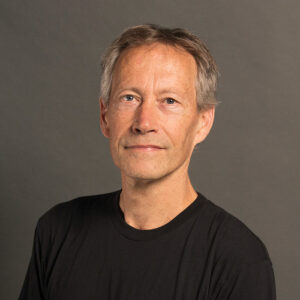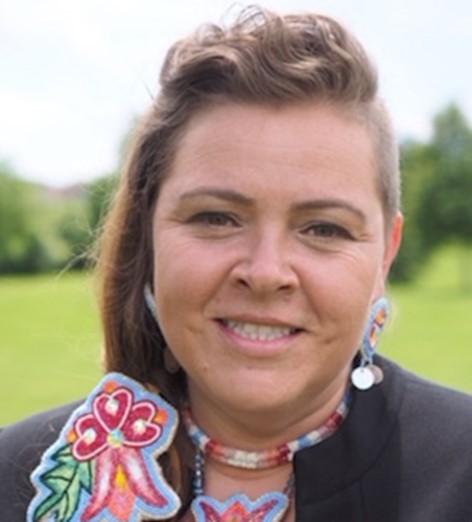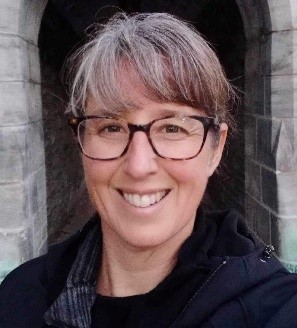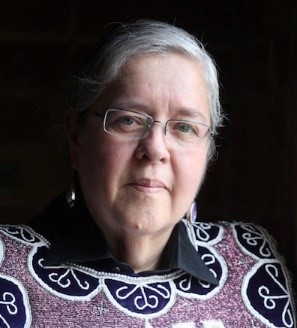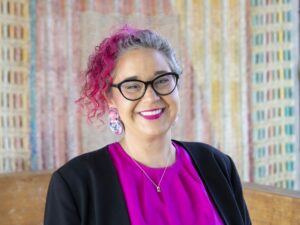With three placements in the top 100 of the 2024 QS World University Rankings by Subject report, York University builds on ongoing momentum to right the future as it positions itself as a global leader in post-secondary education through its academic programming.
Each year, the QS Subject Report ranks a total of 55 disciplines grouped into five subject areas: arts and humanities; engineering and technology; life sciences and medicine; natural sciences; and social sciences and management.
The most recent report – which evaluated more than 15,000 programs from 1,561 institutions – placed York among the top 100 in the world in three subject areas: education, English language and literature, and philosophy. Within Canada, the University also received top-five placement across 11 subjects.
“These rankings reflect the high quality education and impactful research that define York University,” says York University President and Vice-Chancellor Rhonda Lenton. “We continue to drive positive change locally and globally guided by our values as a progressive university dedicated to excellence, social justice, diversity, inclusion and sustainability. It is gratifying to be recognized for our leadership in the higher education sector. We are providing the talent needed for the 21st-century workforce and solving the complex problems facing society today and in the future.”
The new QS rankings add to the momentum of York’s continued impressive results over the past year in other prestigious rankings. Notably, in June 2023, the Times Higher Education (THE) Impact Rankings placed York among the top 40 institutions advancing the United Nations’ 17 Sustainable Development Goals. Then, in July, the QS World University Rankings saw the University strengthen its global position as a leading research-intensive university by climbing more than 100 spots from the previous year.
Faculty of Education advancing its leadership
In the new QS subject rankings, released this April, the University placed particularly high in education, demonstrating its ongoing efforts in advancing the future of pedagogy.
That leadership has been shepherded by York’s Faculty of Education, which offers a broad range of programs, research initiatives and community partnerships, all of which embody its long-running dedication to practices of equity, diversity, inclusion and decolonization.
Last year, the Faculty advanced those efforts for the occasion of its 50th anniversary and developed its new five-year strategic plan. Through the plan, the Faculty reaffirmed its commitment to providing an environment where students are encouraged to challenge the status quo to uncover new possibilities in the advancement of education and social justice.
Opportunities – like its Concurrent Bachelor of Education and Bachelor of Arts in Educational Studies – also have helped the Faculty stand out, as have initiatives like its Public Lecture Series, Additional Basic Qualifications courses and the Wüléelham offering, which engages participants in learning from Indigenous peoples.
The Faculty of Education also this year launched a new international consultancy called ED Global, offering education and professional learning consulting services to school boards, educational organizations and diverse communities.
Top five in Canada
In addition to York’s placement in the top 100 globally in three subjects, it was represented further within the top 150 in eight other subject areas: anthropology, history, accounting and finance, communication and media studies, psychology, performing arts, sociology, developmental studies and psychology (at Glendon college). The University was also represented in the top five for each of these subjects within Canada.
The rankings reflect a range of Faculties and schools at York, including the Faculty of Health, the Faculty of Liberal Arts & Professional Studies, and the School of the Arts, Media, Performance & Design.
QS World University Rankings is an annual publication of university rankings by Quacquarelli Symonds (QS) that serves as an important indicator for global post-secondary education leadership and success.


